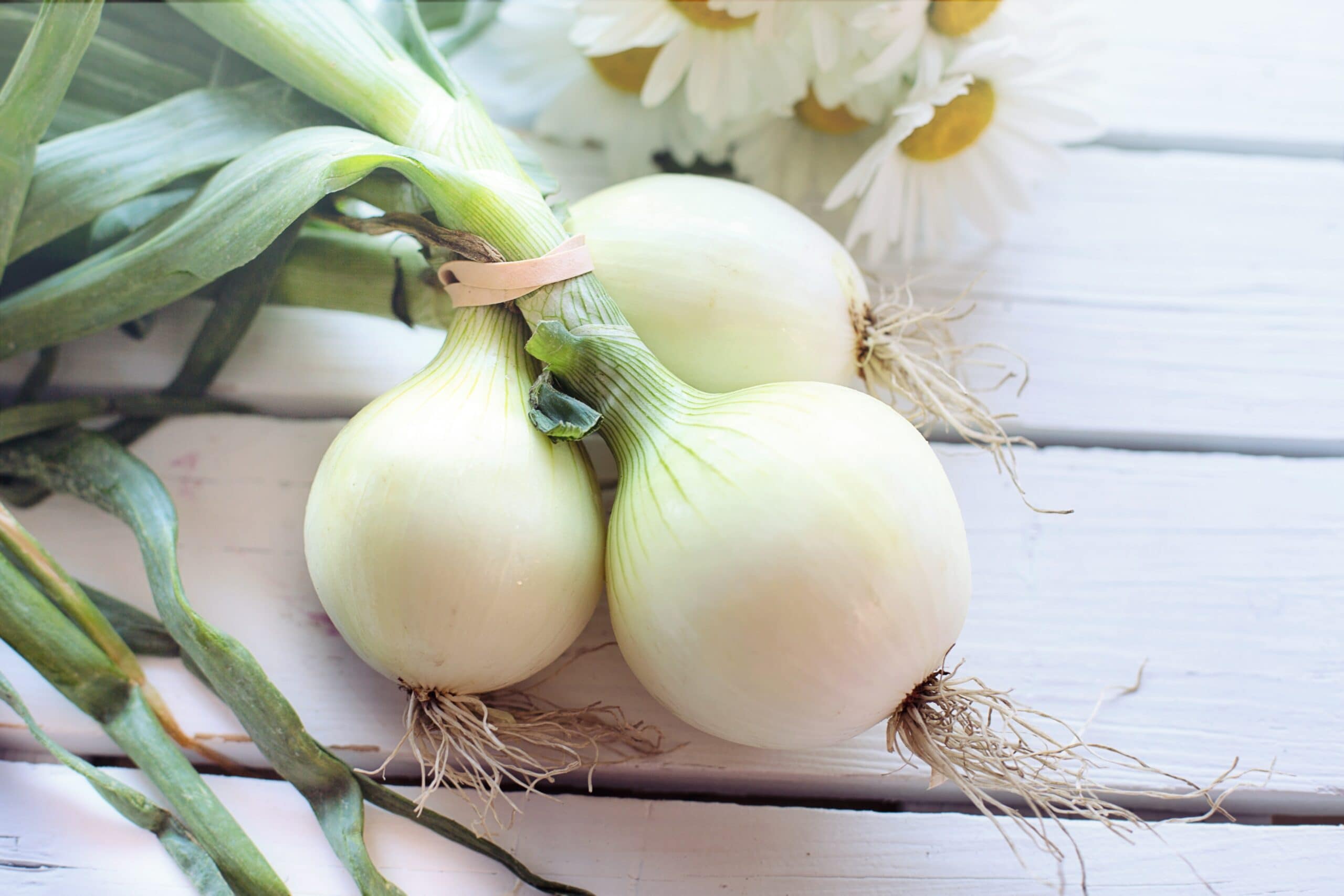Keeping your lungs healthy is essential to breathing and feeling your best. However, bacterial infections, viruses, and seasonal allergies can impact the integrity of your lungs.
So, how do we keep our lungs healthy?
There are plenty of ways you can support lung health, such as regular exercise and avoiding exposure to pollutants. One of the easiest ways is through the foods you eat.
Here are some examples of foods to enjoy that can support your respiratory system.
Radish: The Antioxidant-Rich Vegetable That Clears Congestion
Radishes are a crisp and crunchy root vegetable that can clear up congestion and allergies. Radish has high concentrations of a nutrient that is known for its antioxidant properties.
Radishes are usually eaten raw, sliced in a salad or with dip. They can also be cooked in soups or a stew. Depending on the type, they can have a spicy or sharp taste. So, watch out if you plan to take a bite out of a raw one!
Garlic: The Antibacterial & Antiviral Superfood
Garlic makes everything taste better, arguably. It also has some incredible properties that can help keep your lungs and respiratory system healthy. Garlic is an antibacterial and antiviral. These antibacterial and antiviral properties may help prevent viruses like COVID-19 and influenza from multiplying and setting up infections in our lungs and our nasal passages. Garlic is also a histamine blocker. It can help lessen the symptoms that come from a respiratory infection, as well as allergies.
Garlic can be incorporated in almost any dish. It can be added to soups, sauteed with vegetables or meat, sprinkled on pizza, and much more. If you are cooking garlic for lung health, it’s important to follow these steps in preparation to retain the benefits. Chop the garlic first and let it sit for 10 minutes before adding any heat to it. If you cook it too soon after chopping, you may destroy the health-promoting properties.
Parsley: Nature’s Histamine Blocker for Improved Immunity & Decreased Inflammation
Parsley is another one of nature’s histamine blockers, meaning it can help prevent common allergy symptoms like sneezing, itchy eyes, runny nose, and congestion. Parsley is full of nutrients that can boost the immune system and can decrease inflammation in the airways.
Parsley is often used as a garnish, but you can consume it in other ways that increase volume. Add a handful to soups or stocks. Blend it in a food processor for homemade sauce. Cook it in a high protein egg scramble in the morning. Even add it to your next green juice!
Ginger for Ultimate Relaxation and Wellness
Ginger is one of the foods that has been extensively studied for its effect on the respiratory system. It can relax the muscles in the airways of the lungs, which may improve the ability to get oxygen. For people who have asthma, this may be especially beneficial.
Ginger is also very easy to incorporate in meals. Grate a big chunk of fresh ginger, steep it in hot water, and turn it into delicious tea. Shred it into salad, stir it into a soup, or chop it into stir frys. Fresh ginger is not always widely available, but powder form is equally as effective.
Purple and Red Grapes: Breathe Easier
Purple and red grapes can be powerful allies in supporting respiratory health. These grapes contain a compound in their skin that can block allergic and inflammatory responses in the respiratory system. This can help prevent the trigger of respiratory symptoms when exposed to viruses, allergens, or other irritants. Not only are grapes delicious to eat on their own, but they can also be added to fruit salads or even frozen for a sweet treat.
Choosing a Healthy Lifestyle
There are varieties of foods that promote happy lungs. Incorporating these foods can help immensely, but there are other lifestyle factors that come into play. Regular exercise is important for your lungs as well as your heart. Healthy eating habits are just the start to a long-lasting lifestyle.
Disclaimer: This Website and Fresh Tri™ Do Not Provide Medical Advice. All content provided on this website and in Fresh Tri app, including text, images, audio, video, graphics and other material are for informational purposes only. No material on this site or in Fresh Tri is intended to be a substitute for professional medical advice, diagnosis or treatment. Always seek the advice of your physician or other qualified healthcare provider with any questions you may have regarding a medical condition or treatment and before undertaking a new health care regimen, including any weight loss program. Never disregard professional medical advice or delay in seeking it because of any information you saw or heard on this website or within Fresh Tri.












